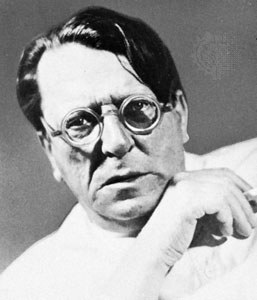René Schickele (1883–1940)
erstellt von
—
last modified
2020-05-25T11:13:41+02:00
© Novopress France
© Novopress France
René Schickele (1883–1940), black-and-white photograph, unknown date, photographer unknown; source: with the kind permission of Novopress France, © Novopress France, http://fr.novopress.info/52841/l%E2%80%99alsace-rehabilite-rene-schickele-son-ecrivain-maudit/.

